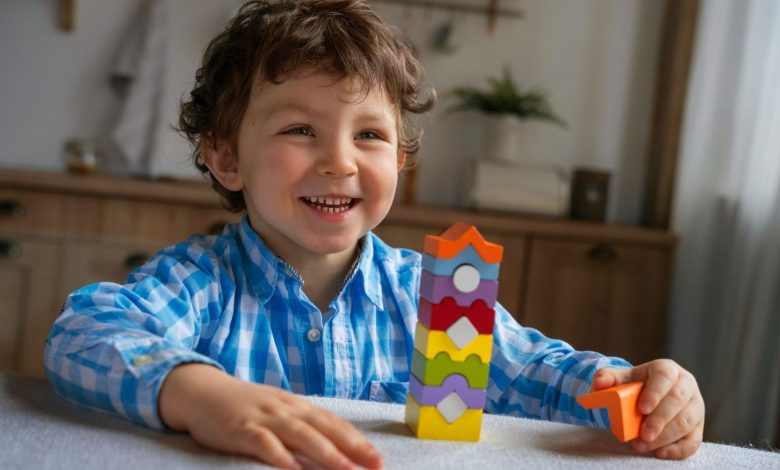7 Signs Your Child Might Be a Math Prodigy

Ever caught your little one sorting snacks, counting cars on a road trip, or asking “why” questions that make even you think twice? These everyday behaviors could be more than just childhood quirks — they might signal a bright future in mathematics.
Long before children are handed calculators or algebra books, some of them naturally begin thinking like mathematicians. They notice patterns, connect dots others miss, and seem to have an instinctive sense for numbers and logic. Here are seven research-backed signs your child could be headed for math greatness.
1. They Have Strong Number Sense
Some kids just “get” numbers. They know five grapes are more than three without counting or sense that one toy pile is about double the size of another. This early ability, called Approximate Number Sense (ANS), is measurable even in babies. A 2011 Duke University study found that infants with stronger ANS scored higher in math later in life. If your child enjoys estimating or comparing amounts, this intuitive strength could be the foundation of a future in mathematics.
2. They See Patterns and Love Puzzles
Kids who obsess over tile patterns, rhythms in songs, or lining toys “just right” are often showing the building blocks of algebra. Pattern recognition, sequencing, and logical arrangement are early indicators of advanced math potential. Researchers at Stanford link strong pattern skills in preschoolers to later success in subjects like coding and algebra.
3. They Have an Exceptional Working Memory
If your child remembers multi-step instructions, keeps track of game rules, or mentally calculates their snack count — they might have a powerful working memory. This is crucial for doing mental math and problem-solving. A University of London study found that working memory at age 5 was a better predictor of math skills at age 11 than IQ!
4. They Persevere Through Challenges
Children who don’t give up easily and try different ways to solve problems often thrive in STEM fields. This quality, called a growth mindset, was popularized by psychologist Carol Dweck. It’s not just talent that predicts success — it’s the willingness to keep going. So if your child spends hours solving a tough puzzle or building a tricky Lego set, you’re seeing perseverance in action.
5. They Ask Thought-Provoking Questions
“Why do elevators go up and down?” or “How do numbers keep going forever?” These deep questions reflect curiosity about systems, logic, and cause-effect — all hallmarks of analytical thinkers. If your child enjoys breaking things down and making sense of how things work, they could have a natural alignment with a future in mathematics.
6. They Love Sorting and Organizing
Whether it’s grouping toys by color, arranging books by size, or categorizing dinosaurs, these behaviors show early data-handling skills. Sorting, classifying, and comparing are foundational for learning about sets, graphs, statistics, and probabilities. These skills are often precursors to math proficiency in later years.
7. They’re Great with Shapes and Space
A child who enjoys building towers, solving 3D puzzles, or navigating mazes may be showing strong spatial reasoning — a major predictor of future math and engineering success. A study from the University of Chicago found toddlers with high spatial skills often outperform peers in math throughout school.
Encouraging a Future in Mathematics
Not every puzzle-loving child is bound for a career in numbers, but these behaviors reveal a thinking style that thrives in a logic- and data-driven world. Instead of pushing equations on a 5-year-old, nurture their curiosity. Ask open-ended questions. Introduce them to logic games and creative problem-solving activities.
Most importantly, celebrate their unique way of seeing the world. Because sometimes, the journey to calculus doesn’t start with a textbook — it begins with a cereal bowl sorted by color.
🔗 Also Read:
How to boost your child’s logical thinking
How to boost your child’s logical thinking




